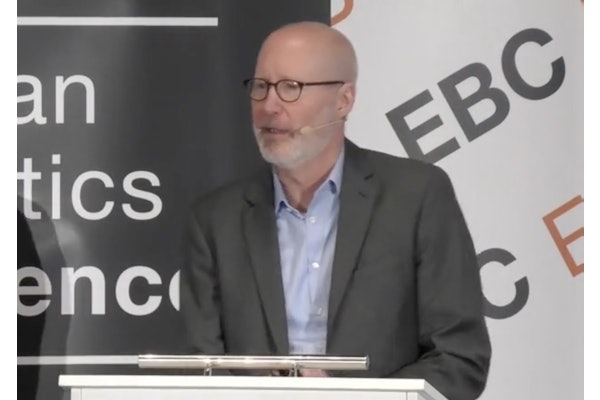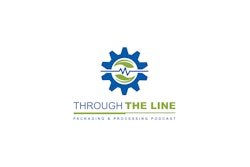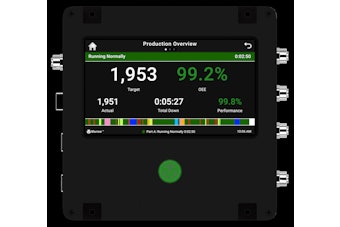
As extended producer responsibility (EPR) programs move from legislation to implementation, one issue has emerged as contentious at the Paper and Plastic Recycling Conference, hosted by Recycling Today. And that's how to define a “responsible end market.”
For brand owners whose packaging enters recycling streams, the implications are enormous. If the rules governing where recycled commodities can be sold are too narrow, recyclers could lose outlets, costs could rise, and materials that are technically recyclable might no longer qualify as such. Food contact restrictions for recycled materials, for instance, can be a major barrier to PCR adoption.
A contentious issue in Oregon
Scott Byrne, VP of global sustainability at Sonoco, sits on Oregon’s Recycling Advisory Committee, one of the first groups in the U.S. tasked with shaping a functioning EPR system.
“For responsible end markets, maybe the headline topic is that it’s probably the most contentious issue that I’ve been a part of on that group,” Byrne said. “If you get that wrong, it could almost be existential to the program. If the end markets haven’t signed up and MRFs can’t move that material, the whole system becomes very fragile.
The debate, Byrne explained, reflects a fundamental tension between credibility and practicality.
“Some stakeholders are saying responsible end markets are almost the cornerstone of the program. There’s a lack of trust in recycling—we need to make sure if it gets to an end market, you’re going to have the proper yield, the proper treatment of any residuals, the proper kind of human-rights standards, even if that means less gets recycled,” he said. “Others say, look, we need to make sure the program works first.![(from lef) panelist Jeff Fielkow, CEO, Circular Action Alliance (CAA); panelist Lynn Dyer, Executive Director, AMERIPEN; panelist Scott Byrne, Vice President, Global Sustainability, Office of Legal and Compliance, Sonoco; and moderator Shannon Crawford Gay, Director of Recycling & Environmental Policy, WM [Waste Management].](https://img.packworld.com/mindful/pmmi/workspaces/default/uploads/2025/10/img-9223.wmeUe7SAM2.jpg?auto=format%2Ccompress&fit=max&q=70&w=400) (from lef) panelist Jeff Fielkow, CEO, Circular Action Alliance (CAA); panelist Lynn Dyer, Executive Director, AMERIPEN; panelist Scott Byrne, Vice President, Global Sustainability, Office of Legal and Compliance, Sonoco; and moderator Shannon Crawford Gay, Director of Recycling & Environmental Policy, WM [Waste Management].
(from lef) panelist Jeff Fielkow, CEO, Circular Action Alliance (CAA); panelist Lynn Dyer, Executive Director, AMERIPEN; panelist Scott Byrne, Vice President, Global Sustainability, Office of Legal and Compliance, Sonoco; and moderator Shannon Crawford Gay, Director of Recycling & Environmental Policy, WM [Waste Management].

























